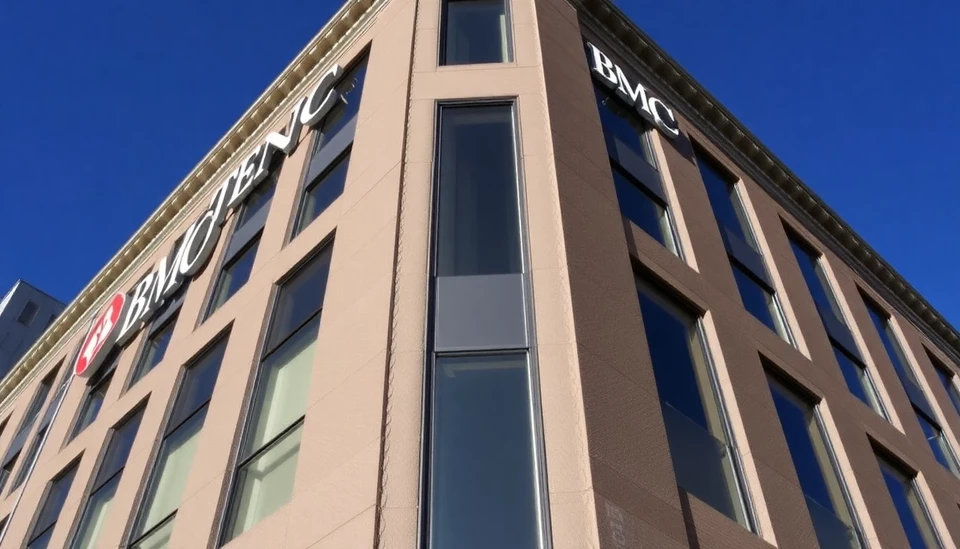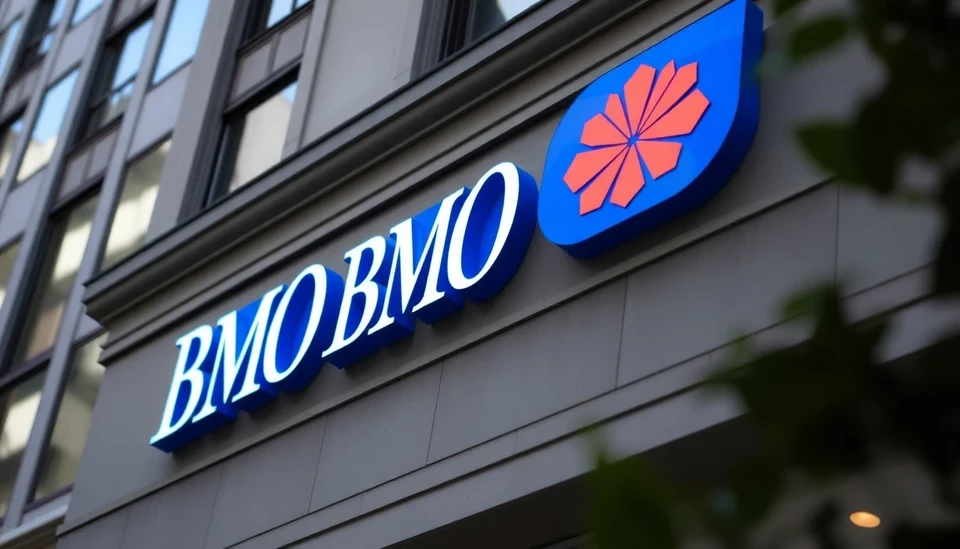
In a recent statement, the Bank of Montreal (BMO) revealed that ongoing tariff uncertainties are significantly hindering both loan growth and the ability to finalize business deals. This revelation came during an extensive analysis of the economic climate and its effects on banking operations, highlighting concerns shared by various financial institutions amidst fluctuating trade policies.
The bank noted that these tariffs cast a shadow over the financial landscape, creating a climate of hesitation among both businesses and consumers. In practice, this has led to slower decision-making, as organizations pause to assess the potential risks associated with trade disputes and heightened costs linked to tariffs.
BMO's executives expressed particular concern about the delayed investment and borrowing decisions stemming from the current uncertainty. The bank's Chief Financial Officer remarked that many companies prefer to “wait and see” rather than commit to new transactions amid fears of escalating trade tensions disrupting projected returns on investments.
As a result, BMO has observed a tangible slowdown in loan demand, with businesses holding back on expanding operations or taking on new debt due to the perceived risks. This cautious approach is reflected in their overall lending figures, which have not met the anticipated growth targets previously set by the bank.
To compound the issue, BMO highlighted that competition among financial institutions is also affecting loan growth, as banks are vying for a limited pool of eager borrowers. The result is a parallel tightening of credit availability, which, juxtaposed with tariff-related uncertainties, creates a less favorable environment for economic expansion.
Despite these challenges, BMO remains optimistic about potential recovery. They believe that a resolution or clarity on trade agreements could reinvigorate business confidence and revive loan demand. The bank's leadership emphasized their commitment to adjusting strategies in response to market conditions, anticipating that improved relations could lead to a surge in financial activity and deal-making within the coming months.
This situation serves as a critical reminder of how interconnected global trade policies are with local economic conditions. It underlines the delicate balance that financial institutions must navigate as they respond to dynamic external factors influencing market confidence and growth.
As BMO continues to monitor these developments closely, stakeholders in the financial sector, as well as businesses across industries, will be keenly watching for signs of change that could shift the current narrative around tariffs and economic growth.
In conclusion, while the current landscape presents numerous challenges for the Bank of Montreal and similar entities, there exists a palpable hope that clarity regarding tariffs may stimulate a more positive economic environment that encourages both lending and investment engagement.
#BankOfMontreal #Tariffs #LoanGrowth #BusinessDeals #TradeUncertainty #EconomicImpact
Author: Rachel Greene


